If your jeep wrangler is making a clicking noise while driving, it may be due to a worn-out cv joint or axle shaft. This issue can typically be resolved by replacing the faulty part.
Driving a jeep wrangler is meant to be an exhilarating experience, but when you start hearing strange noises, it can quickly become concerning. One common issue that jeep wrangler owners may face is a clicking noise while driving. This sound can be disruptive and may even indicate a potential problem with your vehicle.
However, you don’t need to panic just yet. By identifying the source of the clicking noise and taking appropriate action, you can quickly get your jeep back to its smooth and enjoyable ride.
We will explore the possible causes of a clicking noise in a jeep wrangler while driving and discuss the steps you can take to address this issue effectively.
Potential Causes Of Clicking Noises
Investigating The Source Of The Clicking Noise
If you are a proud jeep wrangler owner, you may have experienced a clicking noise while driving. This noise can be quite perplexing, and it’s important to understand its source in order to address the issue effectively. Let’s delve into the potential causes of this clicking noise and explore what impact they can have on your jeep wrangler.
Examining Probable Culprits And Their Impact On The Jeep Wrangler
There are several possible culprits when it comes to the clicking noise in your jeep wrangler. Here are some key points to consider:
- Damaged cv joint: A worn or damaged constant velocity (cv) joint can produce a clicking noise, especially when making turns. This issue can affect the drivability of your jeep wrangler, leading to potential steering problems.
- Faulty u-joints: The universal joints (u-joints) in the drivetrain are responsible for transmitting power between different components. If these joints become worn or damaged, they can create a clicking noise. Driving with faulty u-joints can compromise the overall performance and safety of your jeep wrangler.
- Loose suspension components: Loose or worn suspension components, such as sway bar links or control arm bushings, can also generate a clicking noise. This can impact the stability and handling of your jeep wrangler, making it essential to address the issue promptly.
- Malfunctioning wheel bearings: Worn or malfunctioning wheel bearings can cause a clicking noise, especially when driving at higher speeds. If left unattended, damaged wheel bearings can lead to further complications, such as uneven tire wear and potentially unsafe driving conditions.
- Braking system issues: Problems with the braking system, such as worn brake pads or warped rotors, can sometimes produce a clicking noise while driving. It’s crucial to have your brakes inspected to ensure optimal performance and avoid any potential safety hazards.
Identifying the exact cause of the clicking noise in your jeep wrangler may require professional diagnosis and inspection. Addressing these issues promptly will not only help eliminate the annoying noise but also prevent further damage and potential safety concerns. Remember to consult with a certified mechanic or dealership to address these issues appropriately.
By understanding the potential causes of the clicking noise and their impact on your jeep wrangler, you can take the necessary steps to resolve the issue and get back to enjoying a smooth and quiet driving experience.
Unveiling The Hidden Culprit: Faulty Cv Joint
Is there a clicking noise coming from your jeep wrangler while driving? Don’t ignore it! It could be a sign of a faulty cv (constant velocity) joint. But wait, what exactly is a cv joint and how does it affect your vehicle’s performance?
Let’s dive in and uncover the mysteries behind this common issue.
Understanding The Function Of A Cv (Constant Velocity) Joint
A cv joint is a crucial component of your jeep wrangler’s drivetrain system. Its main function is to transfer power from the engine to the wheels while allowing for a flexible range of motion. Here are some key points to help you understand its role:
- The cv joint works in conjunction with the driveshaft and axle to deliver power.
- It enables smooth power transmission even when the wheels are turning at different speeds.
- The flexibility of the cv joint allows it to accommodate the up-and-down motion of the suspension.
Examining The Symptoms And Repercussions Of A Faulty Cv Joint
A faulty cv joint can manifest in several ways, each with its own set of symptoms and potential repercussions. Here’s what you need to know:
- Clicking or popping noise: One of the most common signs of a faulty cv joint is a clicking or popping noise while driving, especially when making turns. This noise signifies that the joint’s bearings have worn out or are damaged.
- Vibrations: A failing cv joint can cause vibrations, especially during acceleration. These vibrations can be felt through the steering wheel or the floorboard.
- Grease leakage: If you notice grease around the cv joint or axle, it’s a clear indication of a problem. The grease acts as a lubricant for the joint, and leakage can lead to inadequate lubrication and eventual joint failure.
- Loss of power: A damaged cv joint can result in power loss, leading to poor acceleration and reduced overall performance.
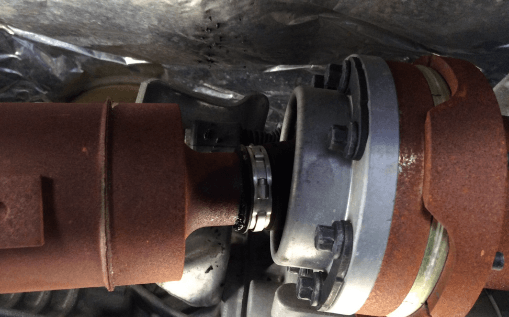
Diagnostic Methods To Identify A Malfunctioning Cv Joint
Determining whether a cv joint is faulty requires a systematic approach. Here are some diagnostic methods used by professionals:
- Visual inspection: A thorough visual inspection of the cv joint and axle can reveal signs of damage, such as visible cracks or grease leakage.
- Road test: Technicians often perform a road test to listen for abnormal noises, check for vibrations, and observe the vehicle’s handling during turns.
- Cv joint boot inspection: The cv joint boot protects the joint and keeps it lubricated. If the boot is torn or damaged, it can allow dirt and moisture to enter, leading to joint failure. Inspecting the boot can provide valuable insights.
- Joint movement examination: By checking the range of motion of the cv joint, mechanics can identify any restrictions or abnormalities that may indicate a problem.
Now that you’re familiar with the function of a cv joint, the symptoms of a faulty joint, and the diagnostic methods used to identify the issue, you’ll be better equipped to address the clicking noise in your jeep wrangler. Remember, early detection and timely repairs can save you from more extensive and costly damage down the road.
Stay tuned for our next section, where we’ll explore possible solutions to fix a faulty cv joint.
Other Possible Causes And Their Solutions
Exploring Other Potential Causes For Clicking Noises In A Jeep Wrangler
When it comes to a jeep wrangler, a clicking noise while driving can be quite alarming. While we have already covered some common causes in our previous sections, there are a few other potential culprits that could be behind the clicking noise.
Below, we will explore these causes in more detail and evaluate the solutions to resolve each specific issue.
Loose Or Damaged Suspension Components:
- Loose or damaged suspension components can cause clicking noises while driving your jeep wrangler. These components include control arms, sway bar links, and bushings. Here are a few key points to keep in mind when evaluating this issue:
- Check for any visible signs of damage or wear on the suspension components.
- Inspect the control arms and sway bar links for any looseness or play.
- If any suspension components are found to be loose or damaged, they will need to be repaired or replaced accordingly.
Worn-Out Brake Pads Or Rotors:
- Worn-out brake pads or rotors can also be a common cause of clicking noises in your jeep wrangler. Here’s what you should know when dealing with this issue:
- Listen for the clicking noise specifically when applying the brakes. If the noise is more pronounced during braking, it could indicate worn-out brake pads or rotors.
- Inspect the brake pads for any signs of excessive wear, such as thinning or uneven surfaces.
- If the brake pads or rotors are found to be worn-out, they will need to be replaced to eliminate the clicking noise.
Problems With The Driveline Or Transfer Case:
- Issues with the driveline or transfer case can also result in clicking noises while driving your jeep wrangler. Consider the following points when addressing this problem:
- Pay attention to whether the clicking noise occurs when accelerating or decelerating. If it is more noticeable during these actions, it could suggest problems with the driveline or transfer case.
- Inspect the driveline components for any signs of damage, such as worn-out u-joints or excessive play in the driveshaft.
- If any issues are found with the driveline or transfer case, it is recommended to have a professional diagnose and repair the problem.
By exploring these other potential causes and evaluating their solutions, you can narrow down the source of the clicking noise in your jeep wrangler. Whether it’s loose suspension components, worn-out brake pads or rotors, or problems with the driveline or transfer case, addressing these issues promptly will ensure a smoother and quieter driving experience.
Preventive Maintenance And Best Practices
Clicking noises while driving can be a common issue with jeep wranglers. To avoid such troubles, implementing regular maintenance procedures is vital. By following these essential steps and best practices, you can keep your jeep wrangler’s performance in optimal condition.
Implementing Regular Maintenance Procedures To Prevent Clicking Noises
Proper maintenance is key to preventing clicking noises in your jeep wrangler. Here are some crucial steps to consider:
- Regular inspections: Conducting routine inspections allows you to identify and address any potential issues before they escalate. This includes checking the condition of various components, such as the suspension system, cv joints, and brakes.
- Lubrication of cv joints: Constant velocity (cv) joints play a crucial role in transmitting power to the wheels. Ensuring they are adequately lubricated enhances their performance and reduces the chances of developing clicking noises.
Essential Steps To Keep The Jeep Wrangler In Optimal Condition
To maintain your jeep wrangler’s performance and minimize clicking noises, it’s essential to follow these steps:
- Regular oil changes: Keeping the engine oil fresh and at the recommended level is crucial for overall performance. It lubricates the engine components and prevents excessive wear, which can contribute to clicking noises.
- Tire rotation: Uneven tire wear can cause clicking sounds while driving. Regularly rotating the tires helps distribute wear more evenly and reduces the chances of clicking noises arising from tire-related issues.
Regular Inspections And Lubrication Of Cv Joints
Cv joints are susceptible to wear and tear, leading to clicking noises when they become damaged or lack proper lubrication. Here are some key points to remember:
- Inspect cv joints: Regularly check the cv joints for any signs of damage, such as cracks or leaking grease. Addressing these issues promptly can prevent further damage and excessive clicking noises.
- Lubrication: Ensure that the cv joints are adequately lubricated as per the manufacturer’s recommendations. Lubrication reduces friction, allowing the joints to function smoothly and minimizing clicking sounds.
Ensuring The Suspension System Is Properly Maintained
The suspension system plays a crucial role in providing a smooth and comfortable ride. Here’s what you need to know:
- Regular inspections: Inspect the suspension system for signs of wear, such as worn-out bushings or damaged shock absorbers. Replacing or repairing these components as needed can prevent clicking noises caused by suspension-related issues.
- Maintain proper alignment: Incorrect wheel alignment can exert extra stress on the suspension system, leading to clicking sounds. Regularly aligning the wheels ensures proper weight distribution and minimizes the chances of clicking noises.
Best Practices For Brake Maintenance
The brake system is an integral part of your jeep wrangler’s safety and performance. Follow these best practices to avoid clicking noises related to brake issues:
- Inspect brake pads and rotors: Regularly check the brake pads and rotors for signs of wear or damage. Replace them as necessary to avoid potential clicking noises caused by worn-out components.
- Brake fluid maintenance: Ensure that the brake fluid is at the proper level and free from contamination. Regularly flushing and replacing the brake fluid helps maintain optimal braking performance and reduces the chances of clicking noises.
Remember, preventative maintenance and regular inspections are crucial for avoiding clicking noises while driving your jeep wrangler. By following these best practices, you can ensure that your vehicle performs at its best and minimize any potential issues that may lead to clicking noises.
Jeep Wrangler Clicking Noise While Driving Slow
Hearing odd clicking noises from your Wrangler while driving slowly likely means trouble’s afoot! This pesky sound usually stems from worn constant velocity (CV) joints. These bits connect the wheels to the transmission and let them move at varied speeds.
After miles of off-roading adventures, the CV joint boots tear, allowing dirt inside. The grime grinds away grease, letting the joints click when turning.
Replacing torn CV boots or the entire joints will silence the clumsy clacking. Until then, crank up the radio to drown out the din of damaged driveshafts.
With fresh parts, your Jeep will be as quiet as a mouse on the move once again!
Frequently Asked Questions On Jeep Wrangler Clicking Noise While Driving,
Why Is My Jeep Wrangler Making A Clicking Noise While Driving?
The clicking noise in your jeep wrangler while driving could be due to a faulty cv joint, worn-out wheel bearings, or a loose brake caliper. It is important to address this issue promptly to prevent further damage and ensure safe driving conditions.
Consulting with a mechanic is recommended for a proper diagnosis and repair.
How Can I Determine The Source Of The Clicking Noise In My Jeep Wrangler?
Identifying the source of the clicking noise in your jeep wrangler requires a systematic approach. Start by checking the cv joints, wheel bearings, and brake calipers for any signs of wear or looseness. If necessary, you can take the help of a qualified technician who has the expertise to diagnose and fix the issue.
Can Low Tire Pressure Cause Clicking Noise In A Jeep Wrangler?
Yes, low tire pressure can cause a clicking noise in your jeep wrangler. Insufficient air pressure can put uneven stress on the tires, leading to abnormal wear and tear. This can result in clicking or popping sounds while driving.
Regularly check and maintain the correct tire pressure to avoid this issue and ensure a smooth ride.
Conclusion
If you are experiencing a clicking noise while driving your jeep wrangler, it is important to address the issue promptly. Ignoring this noise can lead to further damage and potentially costly repairs down the line. By identifying the source of the clicking noise, such as loose components or worn-out parts, you can take the necessary steps to resolve the issue.
Regular maintenance and inspections can help prevent clicking noises from occurring in the first place. Additionally, seeking assistance from a professional mechanic or dealership can provide you with expert guidance and reliable solutions. Remember, addressing the clicking noise promptly can ensure a smoother and safer driving experience in your jeep wrangler.
So, don’t hesitate to take action and resolve this issue before it becomes more serious.
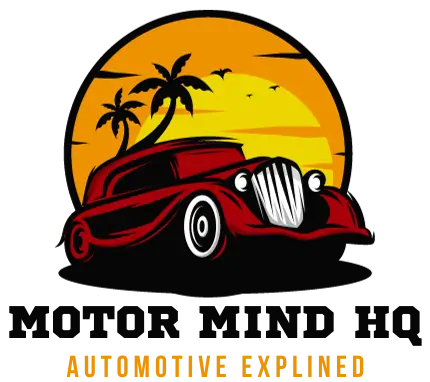
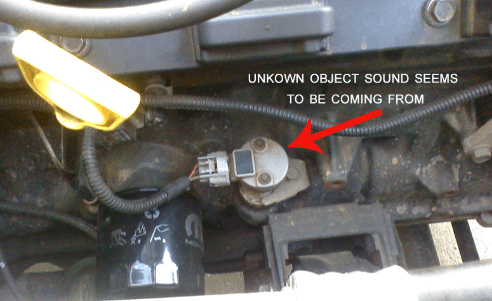
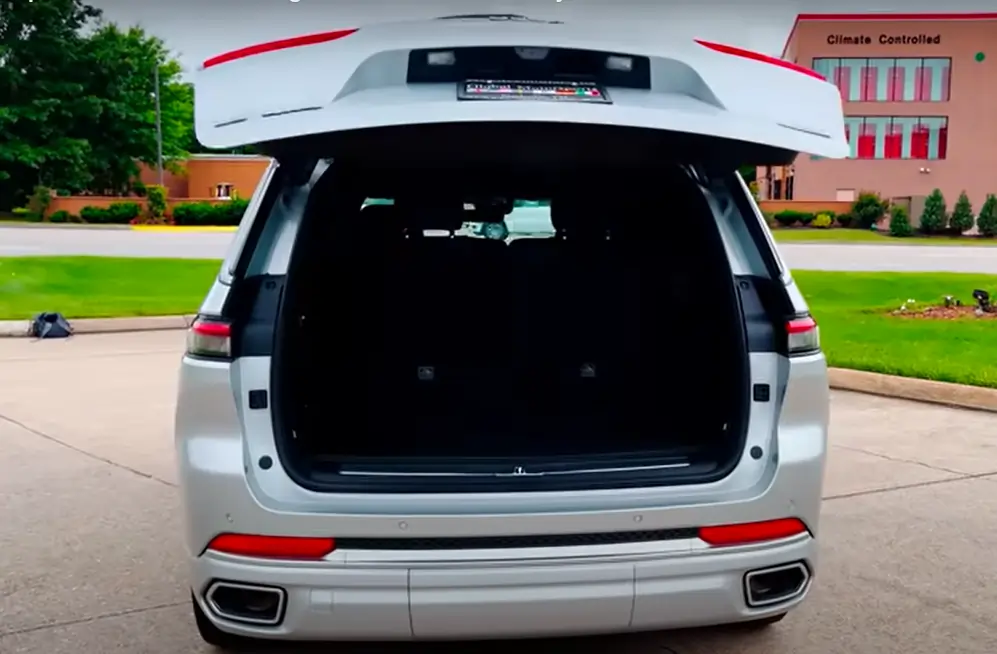
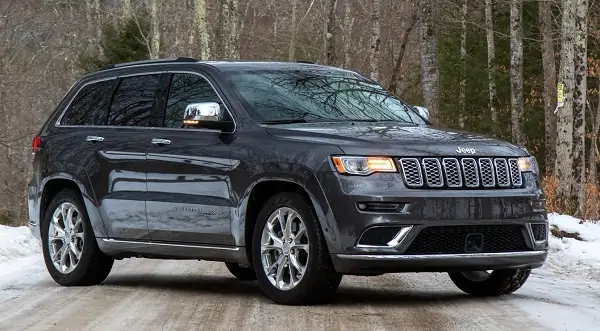

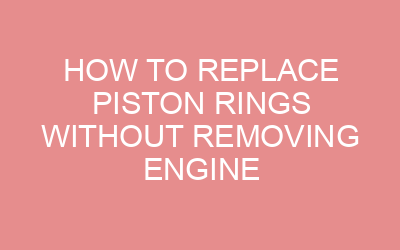


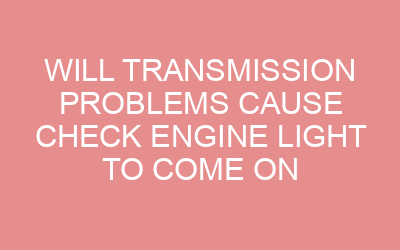
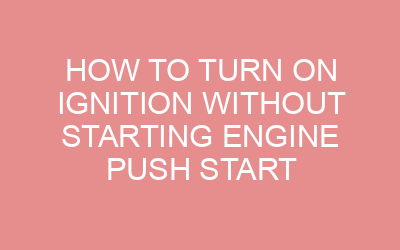
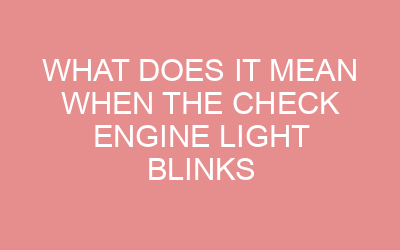
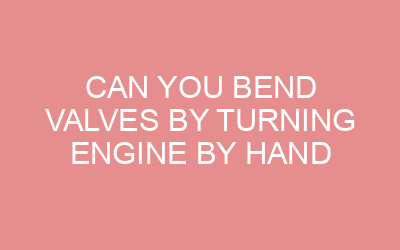
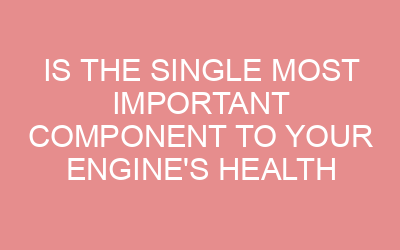
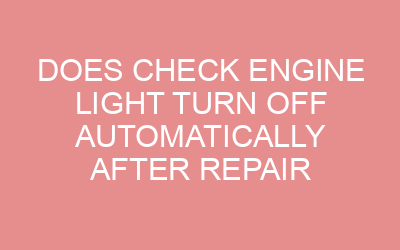
Leave a Reply